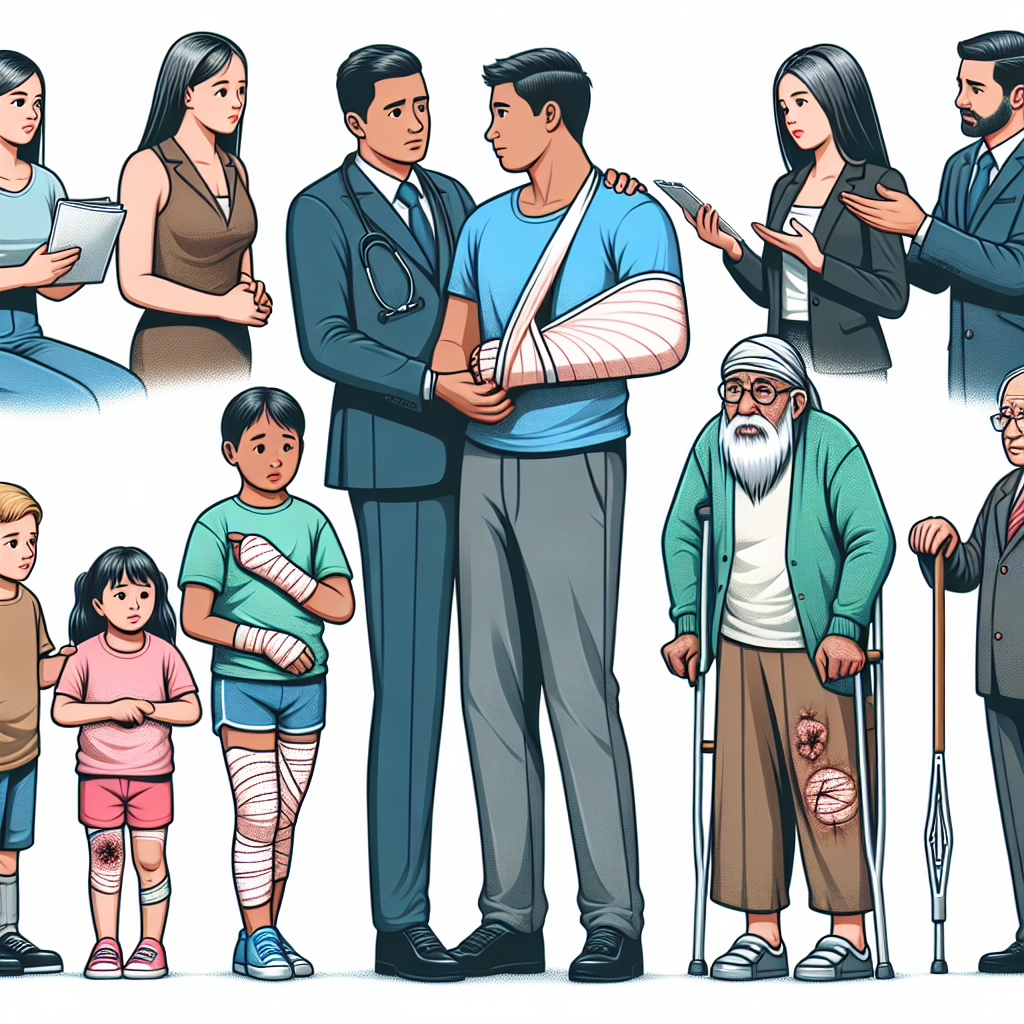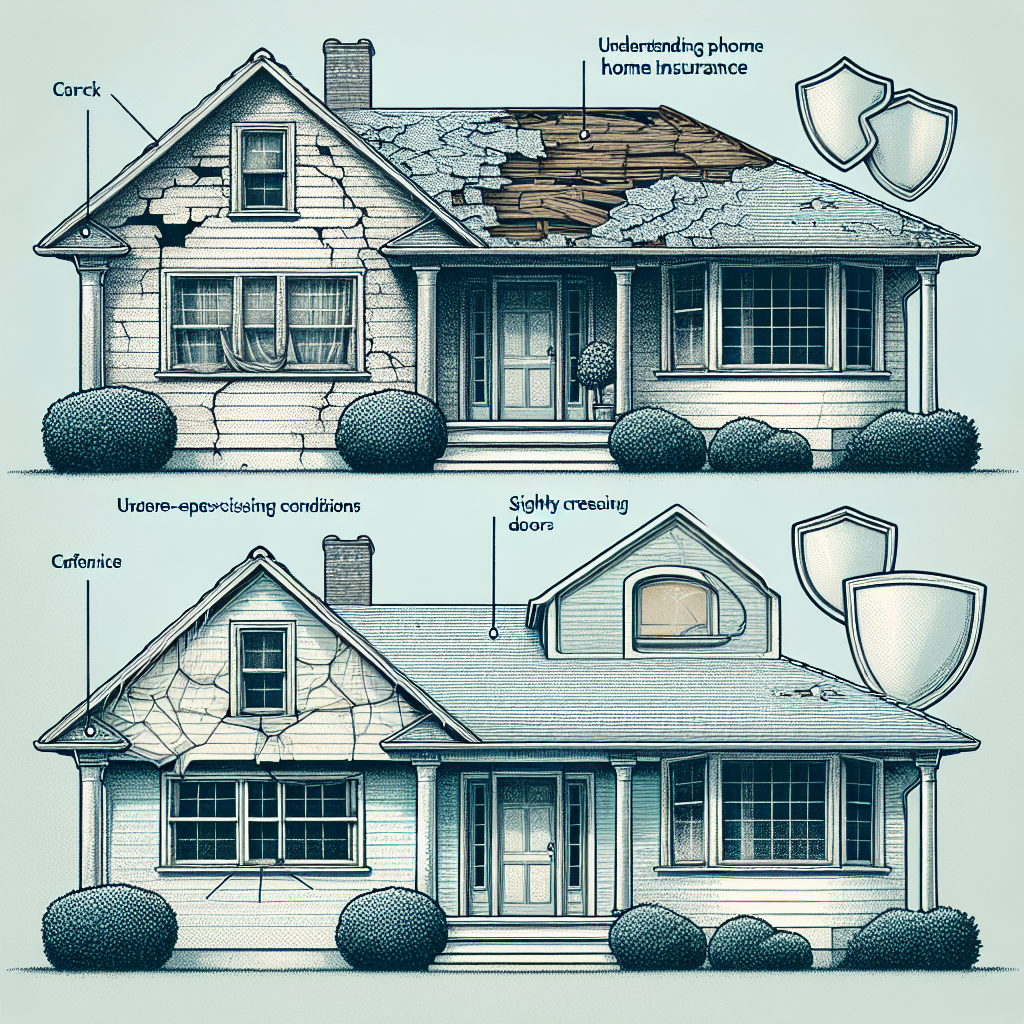Filed under Health Insurance on
How Health Insurance Covers Accidents and Injuries

Accidents and injuries can happen unexpectedly, often bringing significant physical and financial burdens. One of the best ways to protect yourself from the financial repercussions of an unforeseen accident is to have comprehensive health insurance. Understanding how health insurance covers accidents and injuries is crucial for anyone aiming to secure their health and financial stability. This blog post will explore the ways health insurance can assist you, provide real-life examples, and offer practical advice to navigate the nuances of your insurance policy effectively.
Understanding Health Insurance Coverage
Health insurance is essentially a contract between you and an insurance company, where the insurer agrees to cover a portion of your medical expenses in exchange for a premium. Coverage details can vary significantly from one plan to another, but general accident and injury coverage usually include doctor's visits, hospital stays, surgeries, emergency care, and even rehabilitation services. However, the specifics depend on the terms and conditions laid out in your policy.
Types of Incidents Covered
- Accidental Injuries: Injuries sustained from slips, falls, or other unforeseen events.
- Car Accidents: Coverage often extends to injuries sustained in car accidents, depending on your policy details.
- Workplace Accidents: Some policies cover injuries sustained while performing job-related duties.
- Sports-related Injuries: Depending on the policy, injuries from amateur sports may be included.
These incidents highlight just a few examples where health insurance can offer financial protection. However, the coverage often varies based on whether the accident or injury occurred et solitary or in correlation with other factors.
How Health Insurance Covers Accidents and Injuries
Emergency Room Visits
When accidents happen, they often require immediate medical attention. Health insurance typically covers emergency room visits, ensuring you receive the urgent care needed without devastating out-of-pocket expenses. For instance, if you break a bone from a fall, your health insurance would cover a part of your emergency room investigations and treatments, including X-rays and casting.
Surgery and Hospitalization
In instances where an injury necessitates surgical intervention or a hospital stay, health insurance plays a crucial role. Policies generally cover a substantial portion of surgical procedures and hospital room and board costs. Consider someone injured in a car accident requiring extensive surgery and rehabilitation; health insurance helps offset these immense costs.
Rehabilitation Services
Beyond the immediate response to an injury, rehabilitative care often follows. Health insurance often includes coverage for physical therapy and other rehabilitative services aimed at helping you regain full functionality. For example, if a sports injury sidelines you, your policy can help with the costs of physical therapy, facilitating a swift and full recovery.
Prescription Medications
Accidents and injuries frequently require prescription medications for pain management or infection control. Health insurance policies often cover these prescriptions, reducing the costs significantly. Imagine needing long-term medication after surgery – your coverage can substantially mitigate these continuous expenses.
Real-Life Examples of Insurance Coverage
Let’s illustrate how these coverages work in real-life scenarios.
The Case of a Slip and Fall
Susan, a 45-year-old school teacher, slipped on ice outside her home, breaking her ankle. Her health insurance covered the emergency room visit, X-rays, surgery to place pins, and subsequent physical therapy sessions. Without insurance, Susan would have faced bills exceeding $10,000; however, her cost was limited to the deductible and co-insurance, totaling a more manageable $1,500.
A Motorcycle Accident
Mark, an avid motorcyclist, was hit by a car while riding. He suffered multiple fractures and a concussion. His health insurance covered the emergency services, surgeries, and a weeklong hospitalization followed by months of rehabilitation. Although Mark’s bills totaled over $80,000, his out-of-pocket cost, due to his health insurance, was only $5,200.
An On-the-Job Injury
Samantha, a warehouse worker, injured her back while lifting a heavy box. Her health insurance, in conjunction with worker's compensation, covered the immediate treatment, ongoing physical therapy, and partial wage replacement during her recovery. Samantha was relieved, knowing her financial situation would remain stable despite her injury.
Practical Advice for Navigating Your Health Insurance
Understanding your health insurance policy is essential to make informed decisions. Here are some practical tips:
Know Your Policy Details
Review your health insurance policy thoroughly. Pay close attention to the definitions, limitations, and what events are covered. Knowing your deductibles, co-payments, and out-of-pocket maximums will prepare you for unforeseen emergencies.
Evaluate the Network
Ensure that your preferred healthcare providers and facilities are within the insurance network. Out-of-network services can lead to significantly higher costs.
Regularly Update Your Coverage
As life changes, so might your healthcare needs. Make sure your coverage reflects these changes, such as the birth of a child or a new job, to maintain adequate protection.
Utilize Preventative Services
Many health insurance plans include preventative services like screenings and vaccinations at no extra cost. These can help catch potential issues before they escalate into emergencies.
Frequently Asked Questions
What should I do immediately after an accident?
First, ensure your safety and seek medical attention promptly. Notify your health insurance provider as soon as possible to understand the coverage and document all related expenditures and communications.
Will my health insurance cover all costs if I'm injured in an accident?
Most health insurance policies do not cover 100% of healthcare costs. You are typically responsible for deductibles, co-pays, and co-insurance. The specifics depend on your policy's terms and conditions.
How can I ensure my rehabilitation costs are covered?
Review your policy to see if rehabilitative services are included. It's also beneficial to consult with your healthcare provider and insurer to pre-approve necessary rehabilitation services whenever possible.
Does health insurance cover accident-related dental injuries?
Many standard health insurance policies do not cover dental work. However, some policies have riders or separate provisions for facial trauma. Check your specific policy and consider supplemental dental insurance if needed.
What happens if an accident occurs outside my home country?
Coverage for international accidents varies. Some health insurance plans offer international coverage, while others might require additional travel or international insurance. Confirm your coverage details before traveling abroad to ensure you're adequately protected.
Understanding how health insurance covers accidents and injuries can provide peace of mind and financial security when the unexpected happens. Armed with this knowledge, you can navigate the complexities of your health policy with confidence, ensuring you receive the necessary care without sacrificing your financial well-being.





